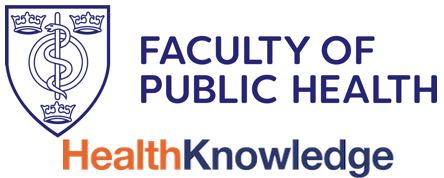The purpose of a confidential enquiry is to detect areas of deficiency in clinical practice and devise recommendations to resolve them. Enquiries can also make suggestions for future research programmes.
Most confidential enquiries to date (at both national and local level) are related to investigating deaths, to establish whether anything could have been done to prevent the deaths through better clinical care.
The confidential enquiry process goes beyond that of audit, in that the details of each death or incident are critically reviewed by a team of experts to establish whether clinical standards met (similar to the audit process) and also that the right clinical decisions were made in the circumstances (audit is unlikely to include this aspect).
Confidential enquiries are “confidential” in that details of the patients/cases remain anonymous, though reports of overall findings are published.
National confidential enquiries
England recent national level confidential enquiries include:
- National Confidential Enquiry into Patient Outcome and Death (NCEPOD) - Sepsis (2015). Care for patients aged 16 years or older with sepsis was reviewed. Areas where the clinical and organisational care of these patients care might have been improved were identified.
- MBRRACE-UK Perinatal Confidential Enquiry Report – Term, Singleton, Normally-formed, Antepartum Stillbirth (2015). Cases were reviewed in detail against national care guidelines by a panel of clinicians, including midwives, obstetricians and pathologists who considered every aspect of the care.
- National Confidential Inquiry into Suicide and Homicide (NCISH) by people with mental illness (2015). The report presents findings from 2003 to 2013 and highlights areas of health care where safety should be strengthened across a range of organisations.
Local Confidential enquiries:
Confidential enquiries can also be conducted at a local level in a similar way whereby a panel of locally appointed experts review clinical practice to ascertain whether any deaths or adverse events were avoidable. Recommendations for action are then made and implemented. Examples of local confidential enquiries include drug related deaths.
© Rosalind Blackwood 2009, Claire Currie 2016
